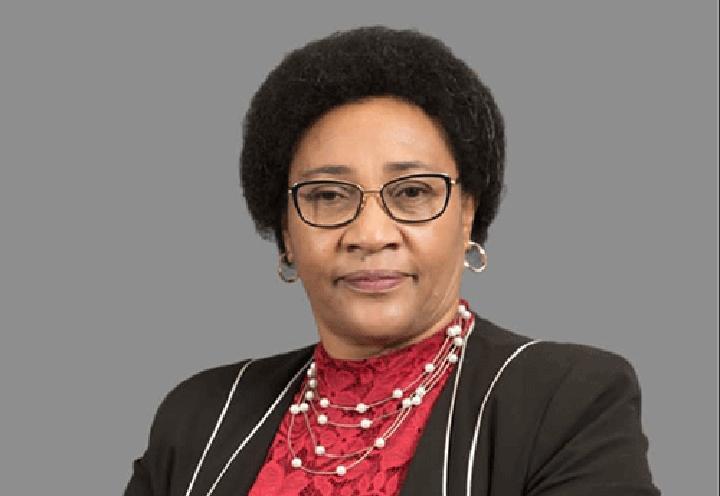Africa-Press – Namibia. Erongo governor Natalia /Goagoses, who has in the past few weeks cemented her footprint as a ‘no-nonsense’ politician-cum-technocrat, this week laid down her vision for the region.
The region’s first resident will not tolerate inefficiency, delays or any form of sabotage in the execution of capital projects meant to uplift the lives of residents in Erongo.
Addressing her first State of the Region Address (Sora) on Wednesday in a fully-packed Swakopmund municipal auditorium, /Goagoses made it clear that time management, efficiency, consultation and collaboration are non-negotiable going forward.
Her Sora drew masses from as far as Uis, Otjimbingwe and far parts of the Daures constituencies.
She did not mince her words in demanding accountability and service delivery.
“When we give deadlines, they shall be met. I am not going to tolerate September becoming November. Please ensure that contractors and technical teams complete projects within the agreed timeline,” she cautioned.
The governor said the region’s projects must reflect the constitutional mandate to promote the development and social welfare of the communities they are serving.
She said Erongo continues to grapple with the impact of prolonged arid conditions and low rainfall, which poses a threat to livelihoods and development efforts.
“As you may all know, the Erongo region is affected by the aridness that has become problematic to the region and its inhabitants, with the annual rainfall figure of less than 400 millimetres,” she said.
However, efforts to address water scarcity have gained momentum. Among them is the completion of the N$23 million first phase of the Ozondati-Omatjete water pipeline in the Daures constituency, covering 23 kilometres.
The pipeline is expected to ease access to a sustainable water source for nearly 6 000 residents, including those at the Omatjete growth point.
“This pipeline will reduce the region’s dependency on costly water tanker services, which currently cost the government around N$16 million,” /Goagoses noted.
In the same constituency, the bulk water pipeline in the Tatamutsi informal settlement in Uis was improved to boost pressure and ensure a more reliable supply for about 2 000 residents. This N$8 million project is being rolled out over two financial years.
She highlighted progress in road infrastructure, particularly the newly completed one-kilometre tarred road in the Okombahe settlement, constructed for N$1.7 million through the support of the Road Fund Administration.
The governor noted that such projects form part of efforts to curb rural-urban migration by improving rural living conditions.
On sanitation, /Goagoses said the government has continued to invest in critical infrastructure, including a sewerage network extension in the Otjimbingwe settlement in the Karibib constituency, benefitting 63 households.
“The completion of this project is expected by August 2025, with an investment of N$2.2 million,” she said.
Turning to agriculture and food security, the governor said the ongoing drought has dealt a severe blow to rural communities.
As part of the government’s response, 80 drought-resistant Boer goats were distributed to eight communal farmers in the same area through the destitute rural farmers’ programme.
“This is not just aid but empowerment. We are giving you goats so you can multiply them. Once they do, we expect you to give back another 80 goats to be distributed to others. It’s not for resale at auctions,” she appealed.
She urged beneficiaries to use the opportunity to strengthen resilience and contribute to food security and economic recovery. “The time for empty promises is over. We must walk the talk and ensure our people see the results,” /Goagoses said.
For More News And Analysis About Namibia Follow Africa-Press






